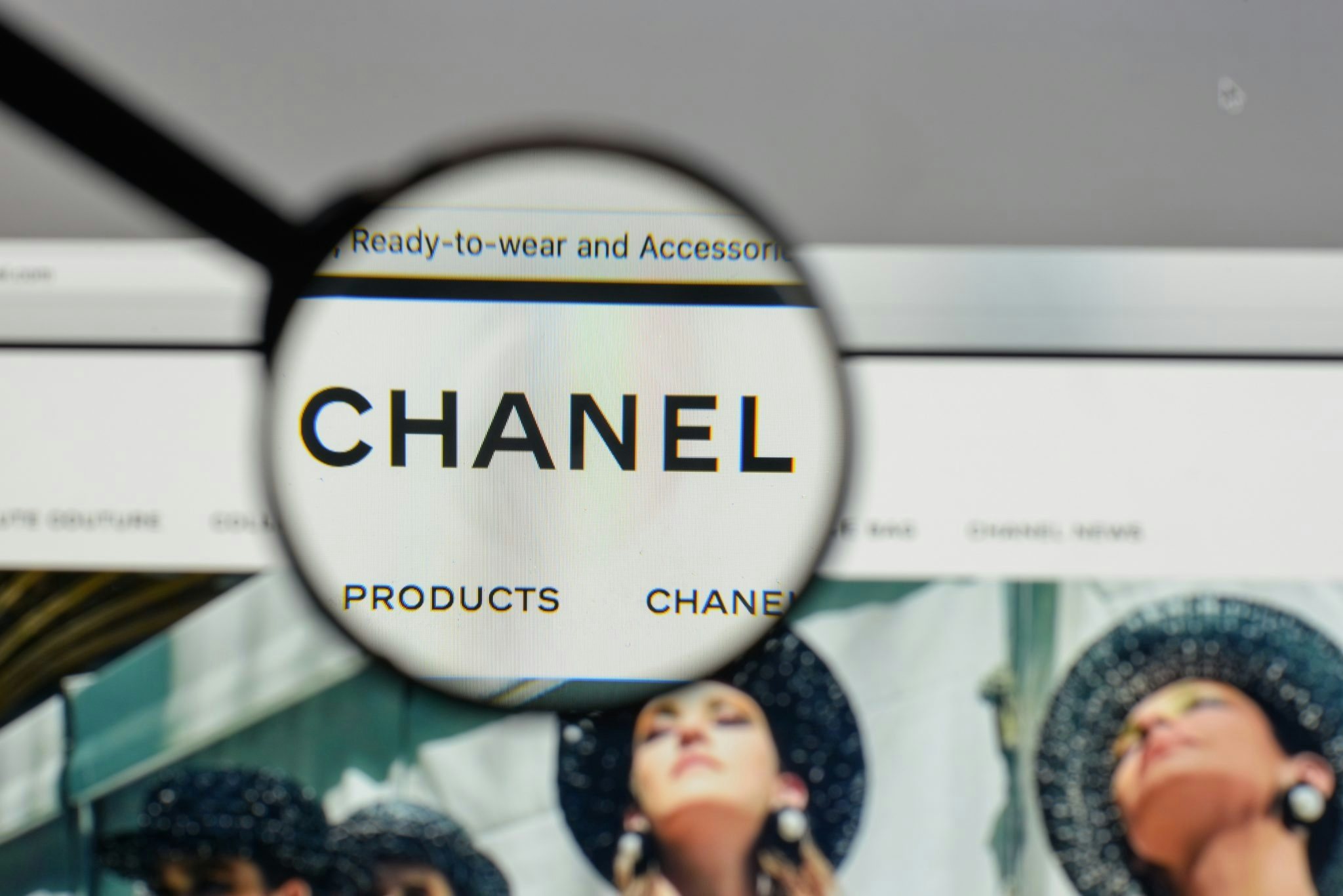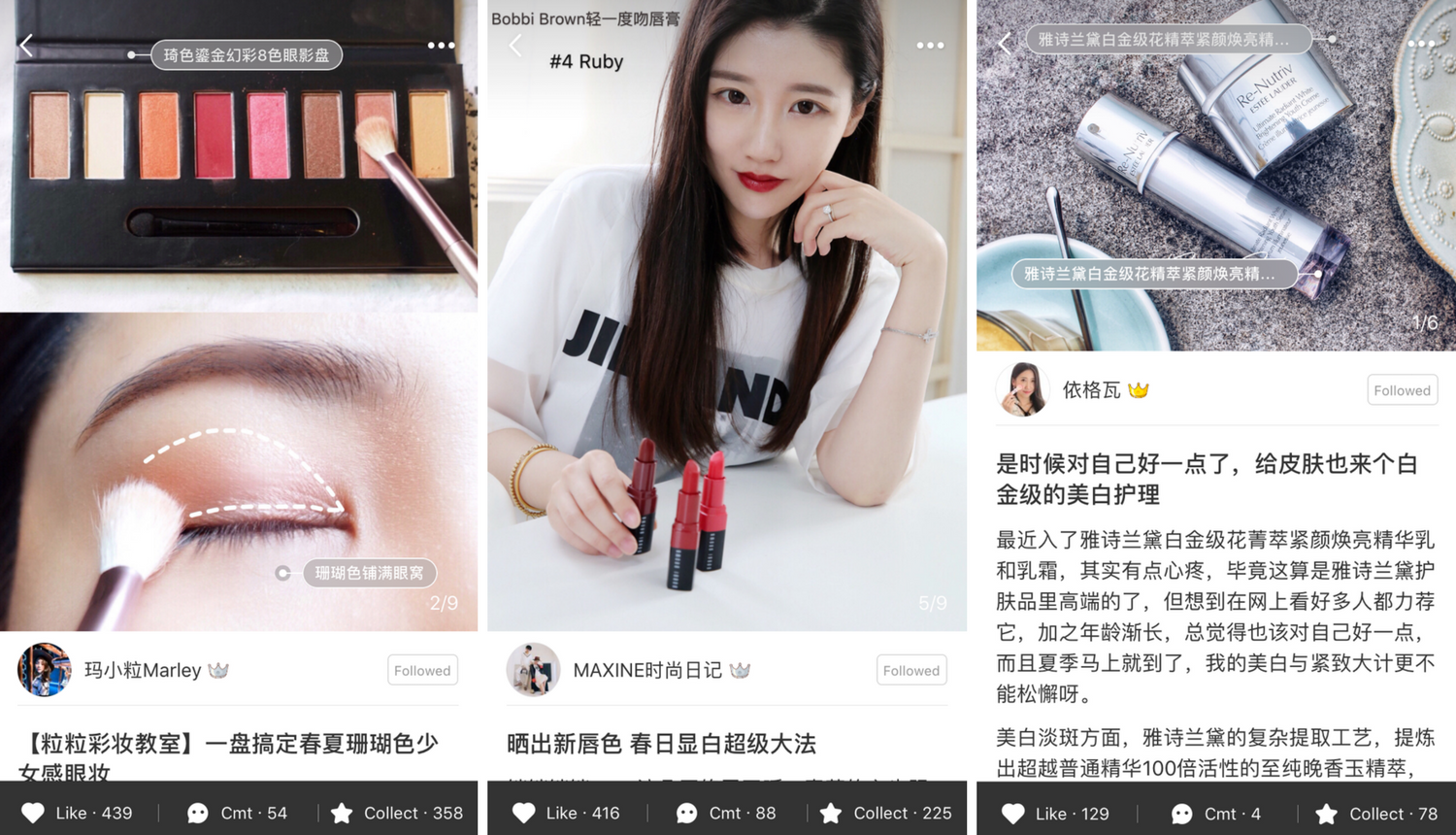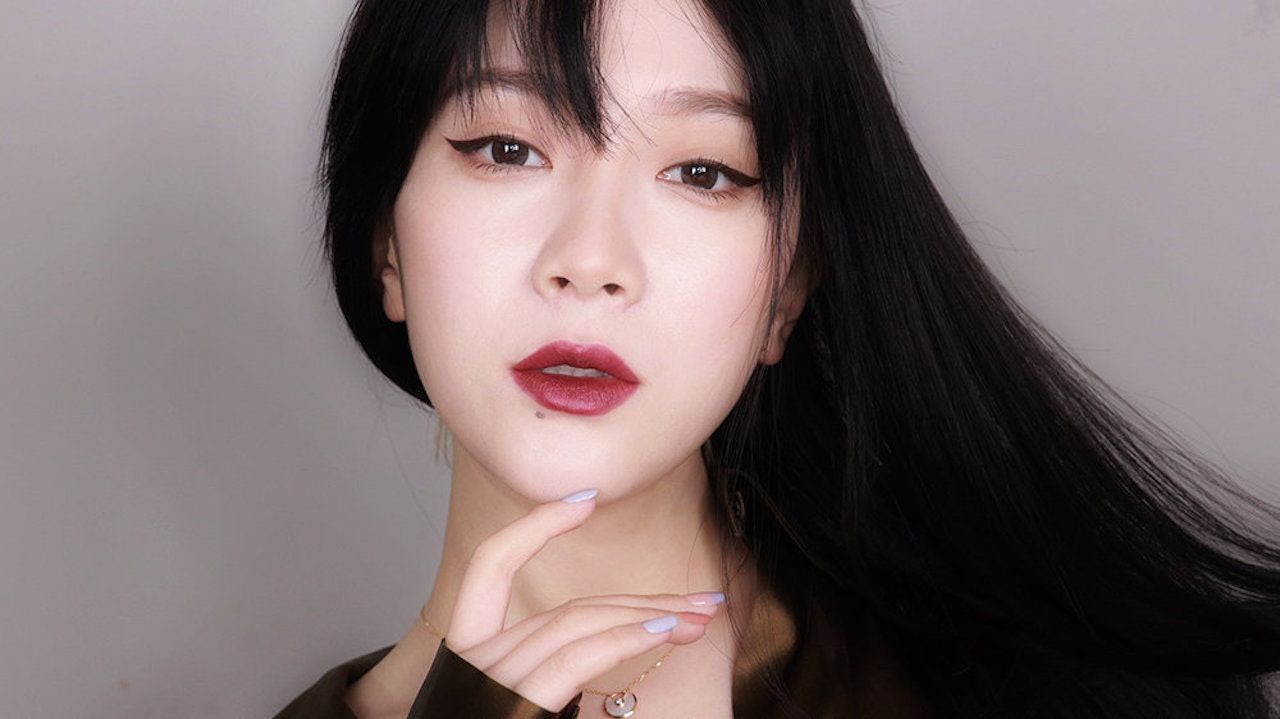In “Chinese Whispers”, we share the biggest news stories about the luxury industry in China that haven’t yet made it into the English language.
In this week’s edition, we discuss:
- BBC China's report on Chanel, Prada and other foreign brands listing Taiwan as a separate country,
- Redbook's new round of fundraising led by Alibaba, and
- Import tax cut on beauty products.
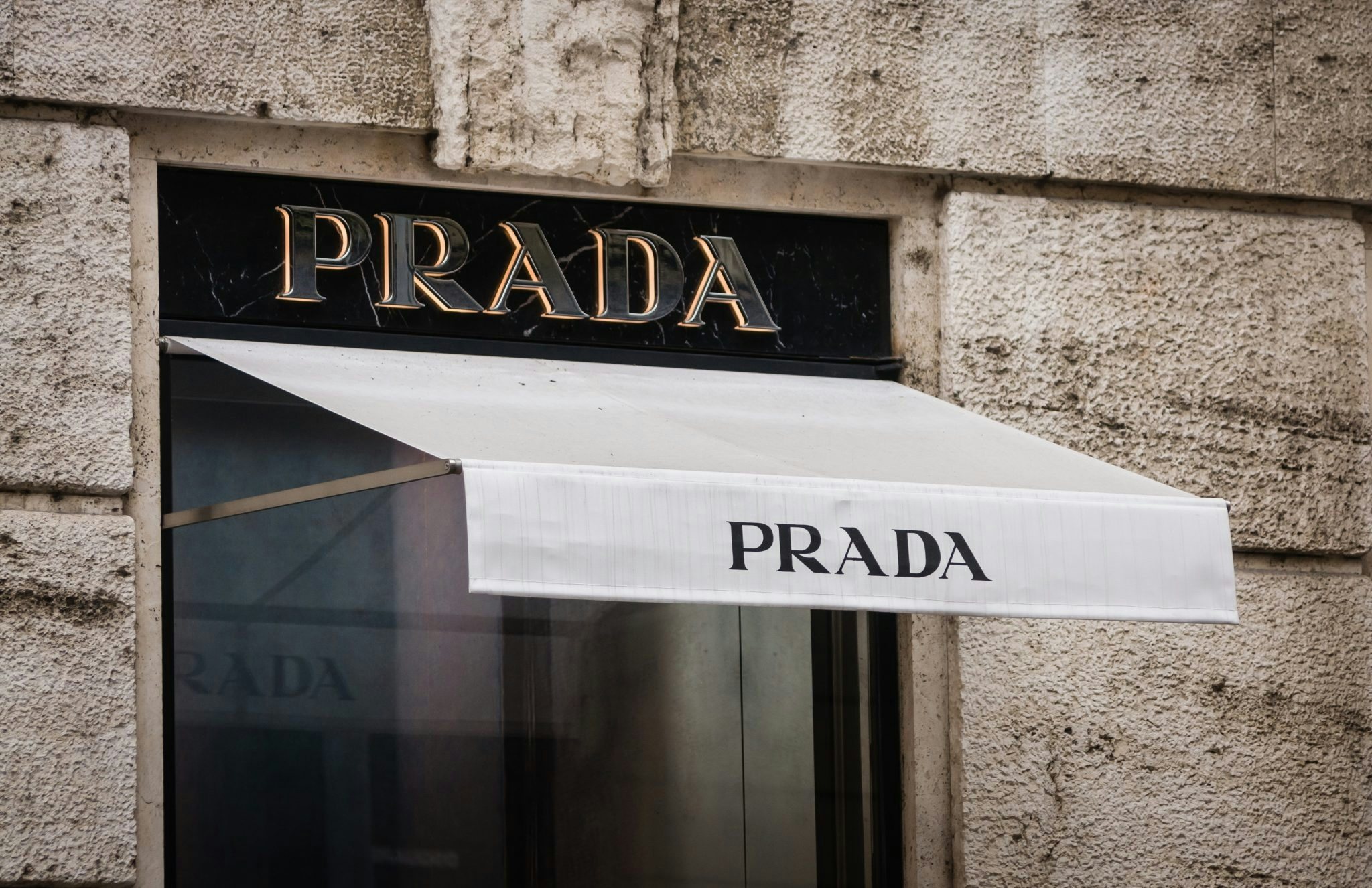
1. Chanel, Prada, and 9 Other Foreign Brands List Taiwan as a Separate Country - BBC China#
According to an investigative report released by BBC's Chinese language service on May 31, luxury brands Chanel and Prada, along with nine other international brands including Hamp;M, Puma, and Fiat, continue to list Taiwan under the category of country or nation on their websites - in spite of the Chinese government's recent crackdown on foreign entities who fail to address Taiwan "correctly."
BBC China conducted a survey of 100 international companies, from fashion, luxury, automobile and tech categories, on May 28-29. It also noted that only eight companies described Taiwan as a region of China, the eight including luxury players Hilton, Loius Vuitton, and Mercedez Benz. The majority of companies surveyed companies kept their description of Taiwan vague, and didn't specify one way or the other. Though BBC China's report is impartial, it has been reposted by a number of Chinese media outlets such as state media Global Times and Sina, to support their political stance.
Background#
In recent years, the Chinese government and the public have become highly sensitive to how international brands and companies represent their country when it comes to sovereign territory. The latest high-profile case is Marriott Hotel. In January this year, the luxury hotel chain was severely punished for its mistake. The Shanghai Internet Information Office made the company’s China website inaccessible, preventing online sales and bookings in China.
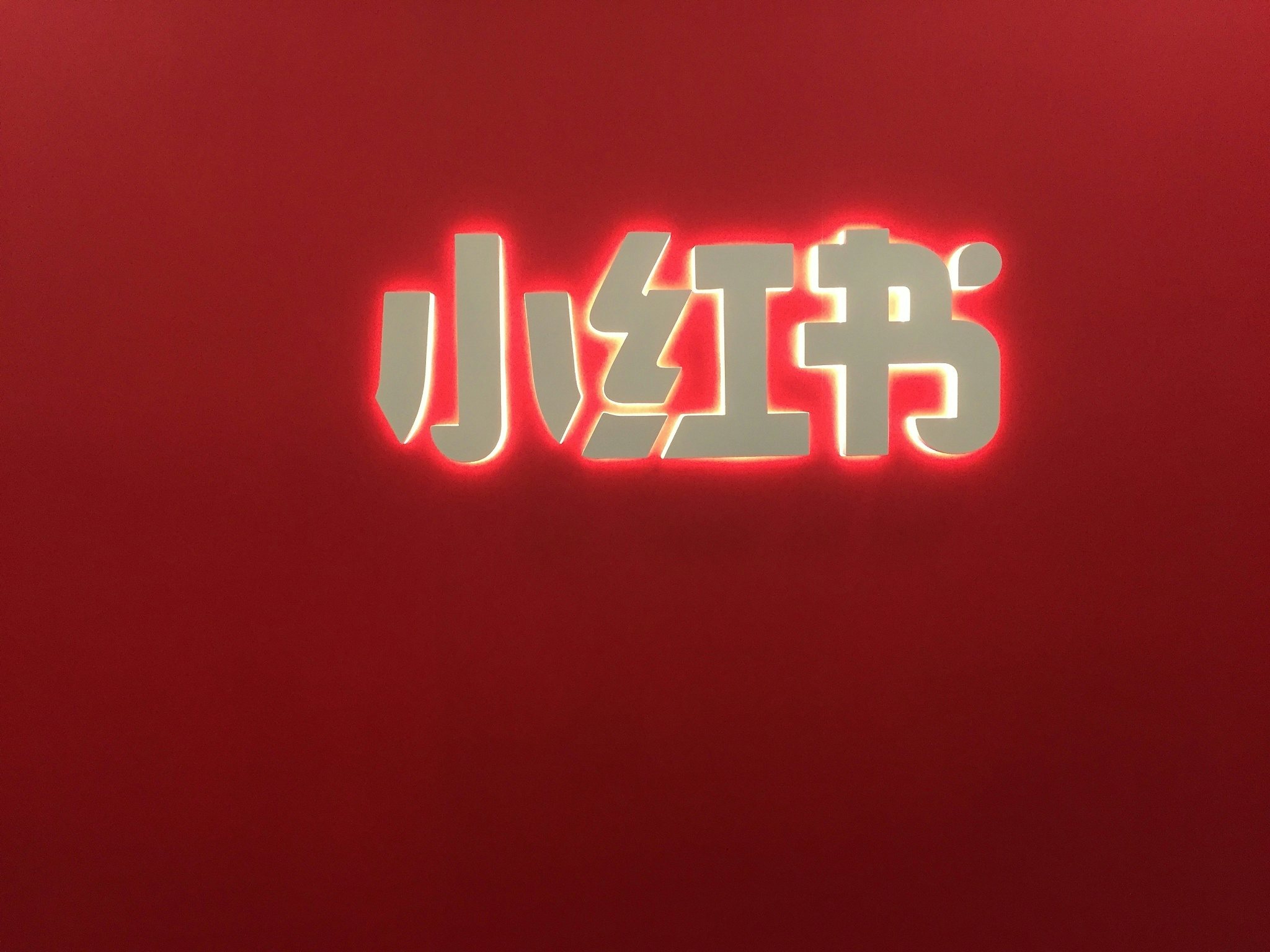
2. China's Social E-commerce Platform Redbook Raises 300 Million - Caixin#
China's rapidly growing social e-commerce platform Redbook is now worth 3 billion after raising 300 million in the latest round of fundraising led by the country's e-commerce giant Alibaba Group this week. Other investors include Tencent Investment, GSR Ventures, and Adrian Cheng - founder of K11.
Background#
Founded in 2013, Redbook has quickly grown to be one of the most important e-commerce platforms in China. Relying on user-generated content, it is now a vibrant online community where young users can share their product reviews and recommendations on all kinds of goods from fashion, luxury to beauty and lifestyle. In an open letter written by founders Zhai Fang and Mao Wenchao to the employees today, it reported that the app has nearly 300 million monthly active users in May 2018, tripling the number from the year before.
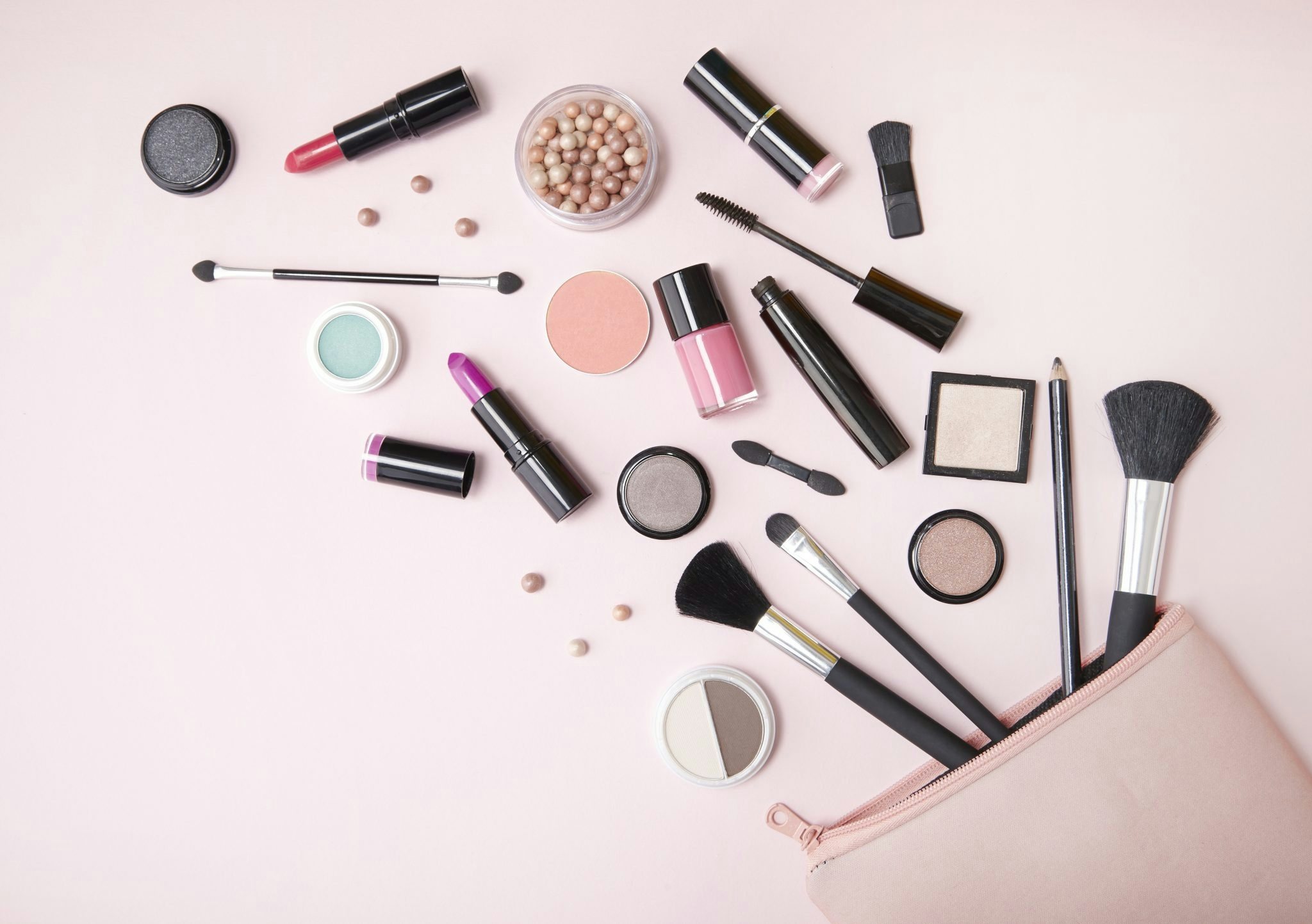
3. China to Cut Tariffs on Beauty Products from July - Kantar#
On May 30, the Chinese government said it will lower tariffs on certain consumer products including cosmetics, skincare, and healthcare from July 1, as part of a drive to stimulate consumer spending at home. The average tariff rate of these beauty products will drop to 2.9 percent from the current 8.4 percent.
The consulting agency Kantar wrote today it is positive news for international beauty brands. According to Kantar's research, the market growth for this segment reached 40 percent in 2017 and is expected to keep an annual growth rate at 30 to 40 percent in the following years. The agency named Lancome, Estee Lauder, SK-II, Dior, Yves Saint Laurent, and Shiseido as major benefactors of the policy.
Background#
The beauty market in China is booming as consumers' appetites for fashion and beauty have grown rapidly in recent years. Aside from international brands, a wave of home-grown labels such as Chando and Marubi also pave the way into this crowded marketplace. To better connect with local consumers on a variety of channels, many brands have started to work with the country's influential beauty bloggers to establish a clear brand image and market to a targeted audience.
